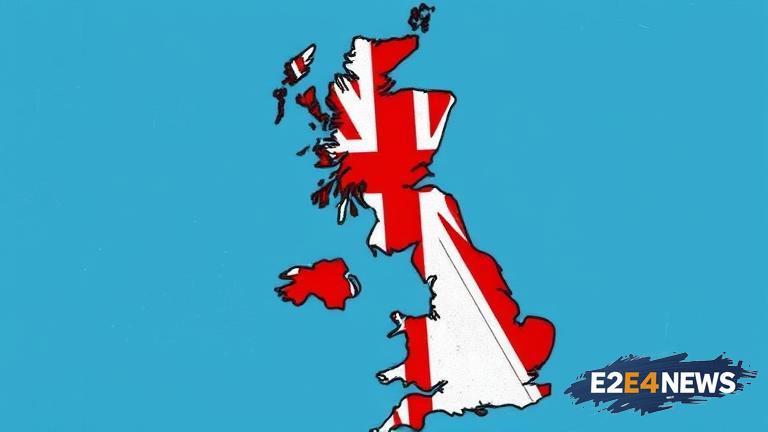The UK government’s potential ban on VPNs has sent shockwaves throughout the tech community, with many questioning the motivations behind such a move. A VPN is a tool that allows users to browse the internet securely and anonymously, masking their IP addresses and protecting their online activities from prying eyes. The proposed ban has been met with widespread criticism, with many arguing that it would be a gross infringement on individuals’ right to privacy. The UK government has cited concerns over cybersecurity and the potential for VPNs to be used for illicit activities, such as hacking and cybercrime. However, critics argue that a blanket ban on VPNs would be an overly broad and heavy-handed approach, punishing innocent users who rely on the technology for legitimate purposes. Many businesses and organizations use VPNs to secure their online communications and protect sensitive data, and a ban would likely have significant economic and practical implications. Furthermore, a VPN ban would also raise serious concerns about censorship and the erosion of civil liberties. The UK government has a history of introducing legislation that has been criticized for its potential to infringe on individual freedoms, such as the Investigatory Powers Act, which has been dubbed the ‘Snoopers’ Charter’. The proposed VPN ban has been likened to similar moves by authoritarian regimes, such as China and Russia, which have sought to restrict access to VPNs and other online tools. The UK government’s plans have been met with resistance from tech companies, human rights groups, and individual citizens, who are calling for a more nuanced and balanced approach to addressing cybersecurity concerns. A petition has been launched, urging the government to reconsider its plans and engage in a more open and transparent consultation process. The issue has also sparked a wider debate about the role of government in regulating the internet and the balance between security and individual freedoms. As the UK government continues to consider its options, it remains to be seen whether a VPN ban will become a reality. If implemented, it would likely have far-reaching consequences for internet users, businesses, and the broader tech industry. The move would also be closely watched by other countries, which may be considering similar measures. In the meantime, VPN users and advocates are advised to remain vigilant and to continue to make their voices heard. The UK government’s plans are a reminder that the online landscape is constantly evolving, and that individual freedoms and rights must be continually defended. The proposed VPN ban is just one example of the ongoing struggle between governments, tech companies, and individual citizens over issues of privacy, security, and online freedom. As the situation continues to unfold, it is essential to stay informed and to engage in the debate. The future of the internet and the rights of its users depend on it. The UK government must be held accountable for its actions, and citizens must be prepared to defend their rights and freedoms in the face of overreaching legislation. The world is watching, and the consequences of a VPN ban would be felt far beyond the UK’s borders. The tech community is urging the UK government to reconsider its plans and to engage in a more open and transparent consultation process. The issue is complex, and a balanced approach is needed to address the legitimate concerns of all parties involved. The UK government’s plans have sparked a wider debate about the role of government in regulating the internet and the balance between security and individual freedoms. The proposed VPN ban is a wake-up call for internet users and advocates, who must remain vigilant and continue to make their voices heard. The future of the internet and the rights of its users depend on it.
